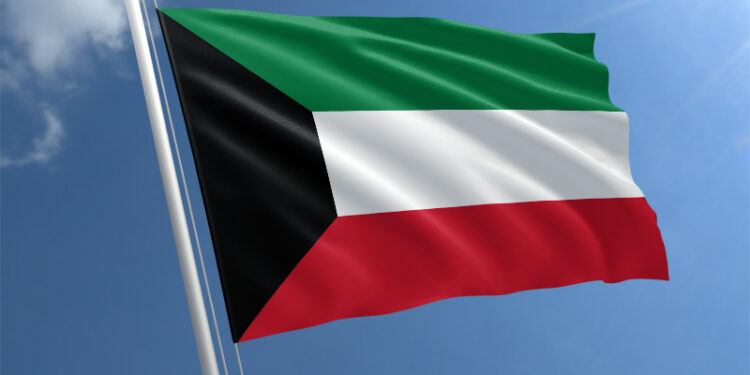Kuwait will require all foreign workers in the private sector to obtain an employer-approved exit permit before they can leave the country.
This policy is set to take effect from July 1, 2025.
The policy was announced by the Public Authority of Manpower through its official X (formerly Twitter) account, referencing a circular issued by First Deputy Prime Minister Sheikh Fahad Yousef.
The new rule is framed as an effort to strengthen oversight of the movement of expatriate workers and ensure a balance between the rights of workers and employers.
What is an Exit Permit?
An exit permit is a legal or digital document that grants a foreign worker the right to leave a host country. Under the Gulf region’s widely criticised kafala (sponsorship) system, the worker’s ability to travel is often tightly bound to their employer’s approval.
Without such permission, foreign workers can be blocked from leaving even during emergencies or after their contracts expire.
Authorities say the new requirement is aimed at:
- Monitoring the movement of foreign workers
- Preventing disputes between employees and employers
- Curtailing illegal job switches or absconding cases
- Strengthening employer oversight over sponsored workers
Although the exit permit process will be digitised and available online, it centralises power in the hands of employers, reigniting concerns from labour rights groups about freedom of movement.
Countries that require exit permits to travel
Historically, several Gulf Cooperation Council (GCC) countries have required foreign workers to obtain an exit permit from their employers or sponsors before leaving the country. This system, often criticised by human rights organisations, has been undergoing reforms in recent years.
In Saudi Arabia, the exit permit system remains in place, requiring foreign workers to secure sponsor approval for both exiting and re-entering the country.
Qatar has made significant strides in reforming its labor laws. The country abolished the exit permit requirement for most foreign workers in 2018, a reform implemented ahead of the 2022 FIFA World Cup. This change aimed to enhance worker mobility and rights.
Human rights groups have repeatedly criticised the kafala system and its associated exit permit rules. They argue that such controls create a power imbalance, enabling exploitation, forced labour, and restrictions on personal freedom.
The upcoming change places Kuwait among Gulf nations that continue to reinforce employer control, despite international calls for migrant labour reforms.


















